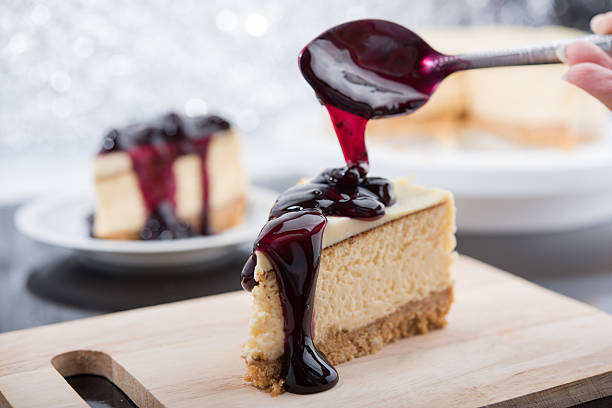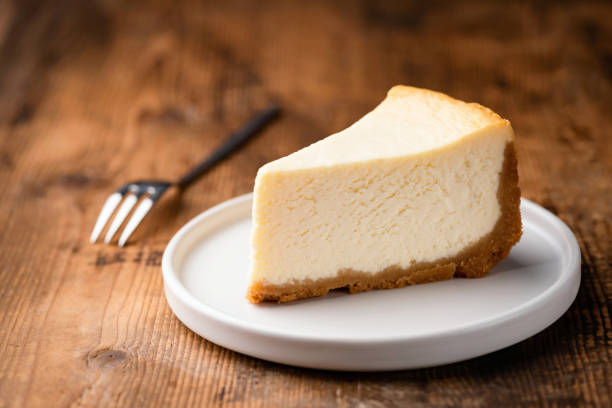Cheesecake is a delicious dessert that is enjoyed by many people around the world. However, the question of whether or not cheesecake is healthy for you is a bit more complicated than you might think. In this article, we will explore the nutritional value of cheesecake and examine the various factors that can affect its healthfulness.
First, let’s take a look at the basic nutritional value of cheesecake. Most cheesecakes are made from a combination of cream cheese, sugar, eggs, and crusts that are typically made from graham crackers, cookies, or pastry. This combination of ingredients provides cheesecake with a significant amount of calories, fat, and sugar.
On average, a single slice of cheesecake can contain around 400-500 calories, with 30-40 grams of fat, and 20-30 grams of sugar. The high calorie, fat and sugar content of cheesecake make it a high-calorie density food, which means it contains high amount of calorie per gram. Which when consumed in excess can lead to weight gain.
However, it’s not all bad news when it comes to the nutritional value of cheesecake. Cheesecake also contains a good amount of protein, around 6-8 grams per slice, which can help to make you feel full and satisfied. Additionally, cream cheese and eggs, which are two of the main ingredients in cheesecake, are both good sources of calcium.
There are different types of cheesecake with different ingredients and preparation methods, which can affect the nutritional value. For example, cheesecake made with low-fat cream cheese and sugar substitutes can have less fat and sugar than traditional cheesecake. The crust can also be modified, for example, cheesecake made with nuts or oats crust can increase the fiber content and change the macronutrient profile.
Another way to make cheesecake healthier is to eat smaller portions. Instead of eating an entire slice of cheesecake, try cutting it into smaller pieces or saving some for later. Additionally, pairing cheesecake with fresh fruit, such as berries or sliced peaches, can help to add some fiber and antioxidants to the dish.
Overall, cheesecake can be a nutritious treat when consumed in moderation and part of a balanced diet. It’s important to keep an eye on portion sizes, choose healthier ingredients and make adjustments to the recipe where possible. As with any food, it’s also important to consider the total amount of calories, fat and sugar that you are consuming as part of your overall diet. If you have any specific health concerns, it is always recommended to consult with a healthcare professional or dietitian.
In conclusion, Cheesecake is delicious and it can be part of a healthy diet when consumed in moderation and with healthy ingredient choices, it can have some nutritional benefits like protein and calcium. But its high calorie, fat and sugar content make it a high-calorie density food and should be consumed in small portions as part of a balanced diet. It’s always a good idea to consult with a healthcare professional or dietitian if you have any specific health concerns.

 Home
Home Health
Health Diet & Nutrition
Diet & Nutrition Living Well
Living Well More
More












